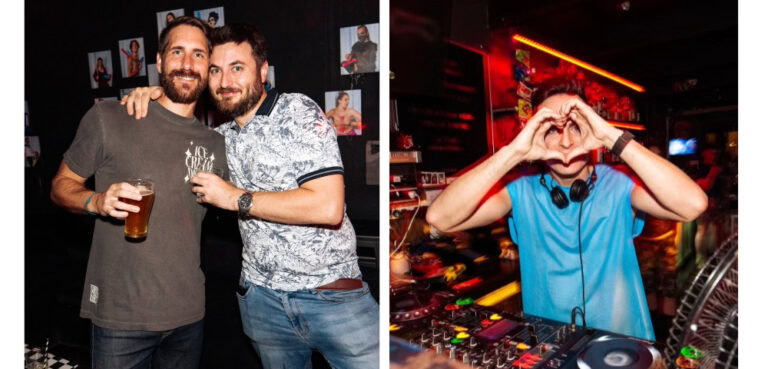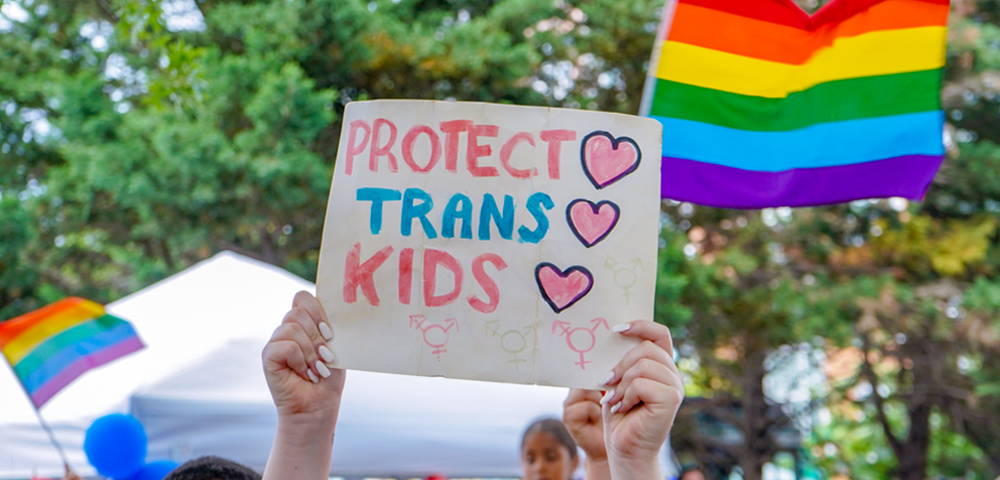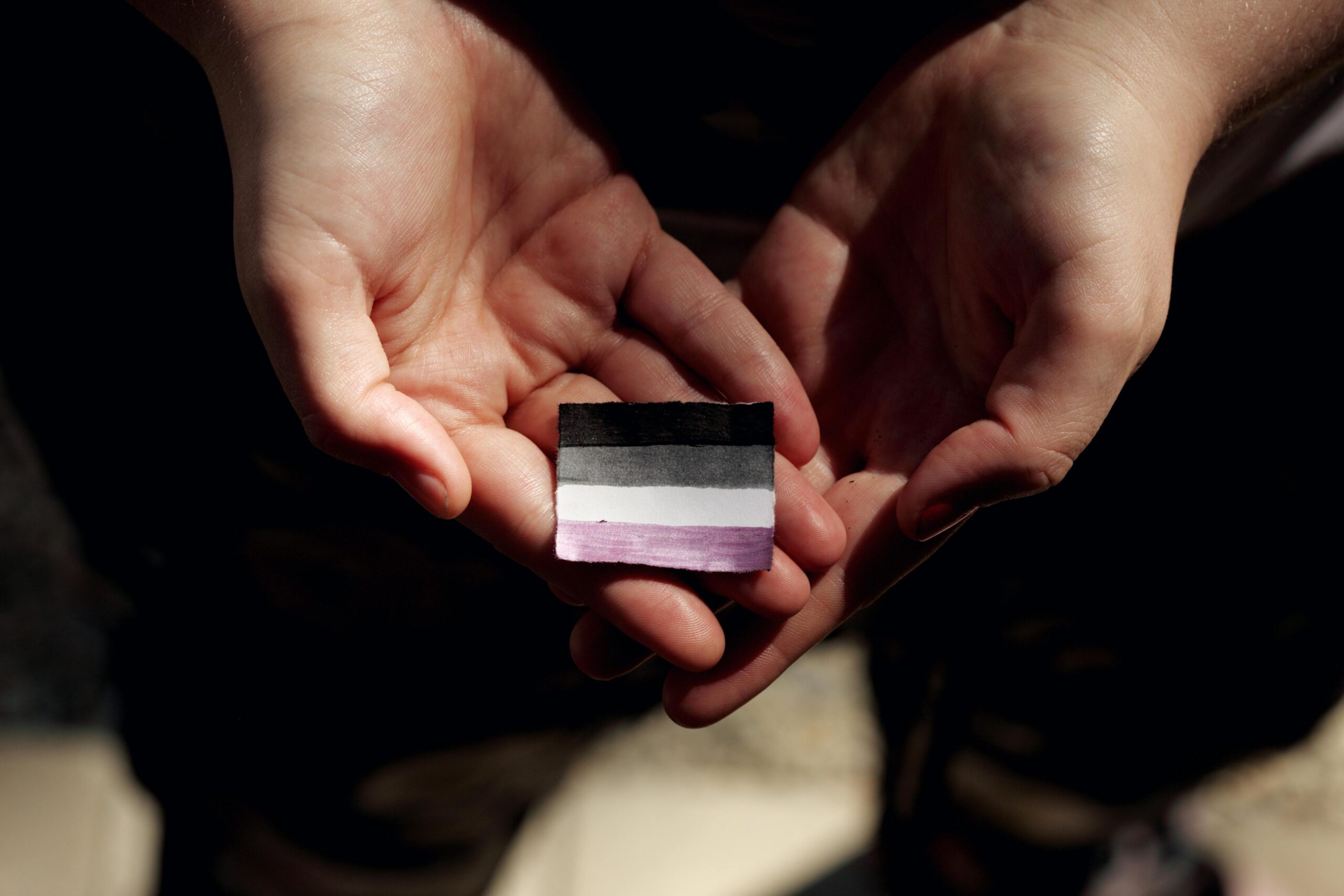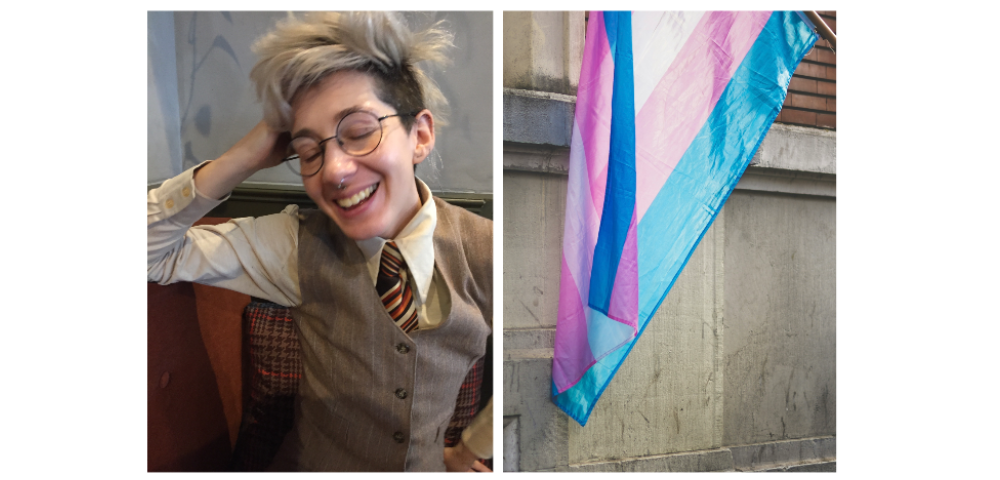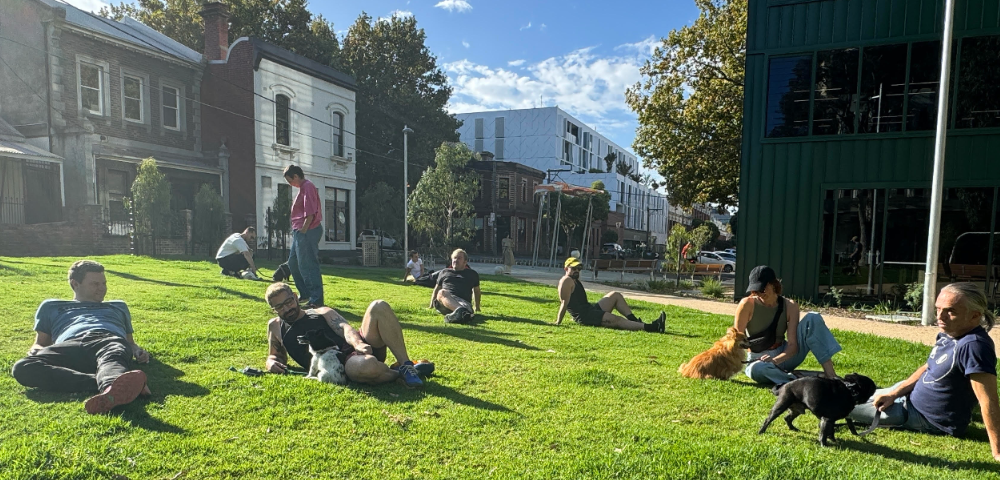
Becoming human and the complexities of being
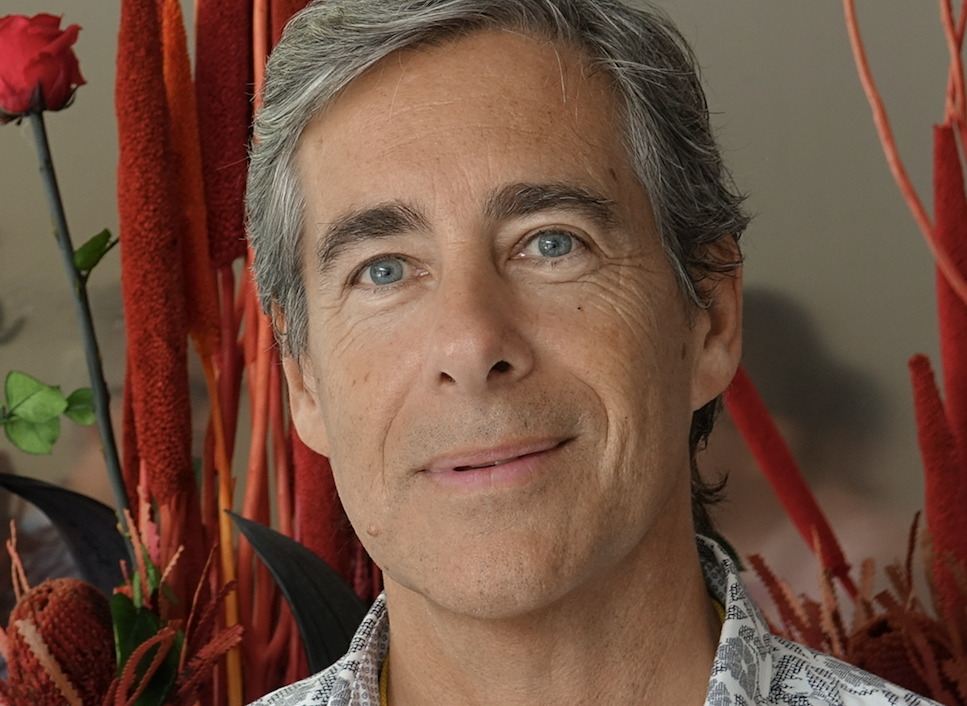
My mother discovered me having sex with my best friend when I was seventeen. She looked at me with horror, believing I would go to hell. She told me I should think about ending my life.
In my multiracial family of Māori and Pākehā roots, affected by intergenerational, postcolonial trauma, this was no joke. My mother and sister had attempted suicide.
My father ended his life just as I was about to turn nineteen, in 1977. My brother ended his life on New Year’s eve in 2007. Annual reminders are hard to avoid.
My mother’s Christian beliefs were powerful, literal. God was an old white man who sat on a throne. I went to the local Baptist Church and received my first bible in bible class.
Faced with the knowledge that I would go to hell, she took me to our family GP and asked him to cure me. The GP gave me a choice: attend conversion therapy or take an anti-depressant. So I completed my final year of high school on tryptanol.
The first time I spoke publicly about these things was at the Suicide Prevention Australia conference in 2015. I shook as I spoke. You are talking about your very existence as a human being and the vulnerability and mutuality that goes with being human.
So the present debate about Israel Folau’s right to say in public that I will go to hell cuts to my very core.
Like my mother, he is saying to the world that my sexuality is an abomination. His action dehumanises me and all people who may be sexually or gender-diverse human beings.
As a human rights scholar, I think about what makes us human all the time. As someone who has survived a family template of suicide, I have come to learn that being human is about understanding the preciousness, fragility and beauty of life.
Like sexuality, other markers of who we are – disability, ethnicity, gender, race – are fundamental human characteristics. These fundamental dimensions of being human have been and are regarded to be on the wrong side of belief and ideology.
But the human family is defined by its inherent diversity.
We know what happens when ideologies and belief systems depend on the exclusion of certain kinds of human being. Last week was the commemoration in Germany of the estimated 15,000 gay people who were murdered in Nazi concentration camps.
These deep stories go way beyond the shallows of Folau and the empty and nasty cries for religious freedom. Belief at its worst can become a retreat from diversity.
In a meeting I had with Archbishop Desmond Tutu a number of years ago, he told me why he was, in his words, a ‘gay activist’. He regarded what he called ‘the apartheid of homosexuality’ in the same way as he witnessed and experienced racial apartheid.
He said any form of discrimination or exclusion or denial of fundamental dimensions of being human was an act of apartheid. He also saw how theology was often used to justify these things.
I would like to invite Israel Folau into my world – along with others who hold similar views about homosexuals such as Prime Minister Scott Morrison, Concetta Fierravanti-Wells and the Australian Christian Lobby’s (ACL) Martyn Iles.
Each day I am reminded through the human rights work of the systemic and relentless stories of hate, persecution, exclusion, discrimination, high suicide rates, as well as executions, of LGBTQI human beings, simply on the basis of their sexuality, gender identity or sex characteristics.
Broadcasting a belief that we will go to hell after we die is not much different from what my mother told me when I was seventeen. What is the end-logic of that action and belief? What if I had followed my mother’s advice?
My mother changed her views over time. She did so because we love each other, unconditionally.
I think truth-telling is at the core of being human. This is in stark contrast to Folau and the ACL’s fallacious crowdfunding campaign aimed to pay for his legal battle with Rugby Australia, but also now being used as a test case for so-called religious freedom.
The work of becoming human is to understand the complexities of being human, at the heart of which is the intense sunshine of radical, undeniable, diversity. We know that looking into the sun for more than a moment makes our eyes hurt. That is our challenge.
Professor Baden Offord is the Haruhisa Handa Chair of Human Rights, Director of the Centre for Human Rights Education and a Research Professor at Curtin University
A longer version of this article was first published in Overland


